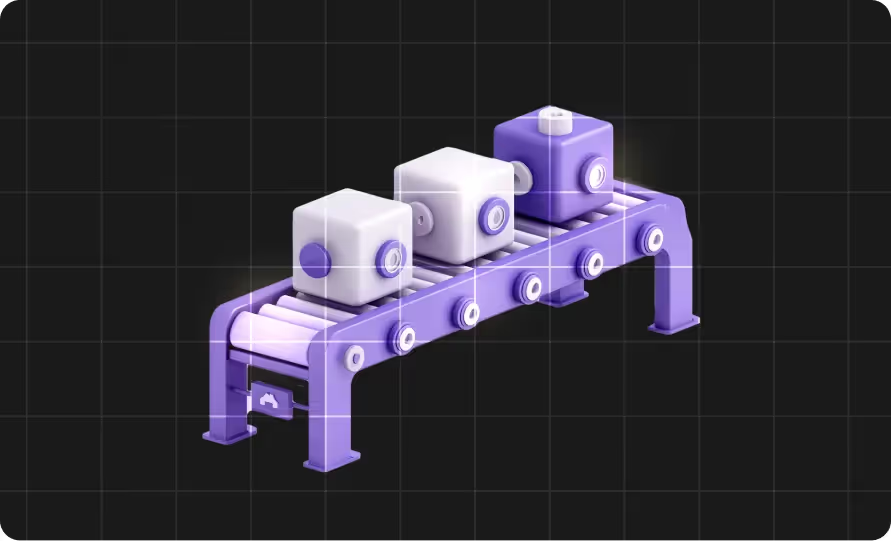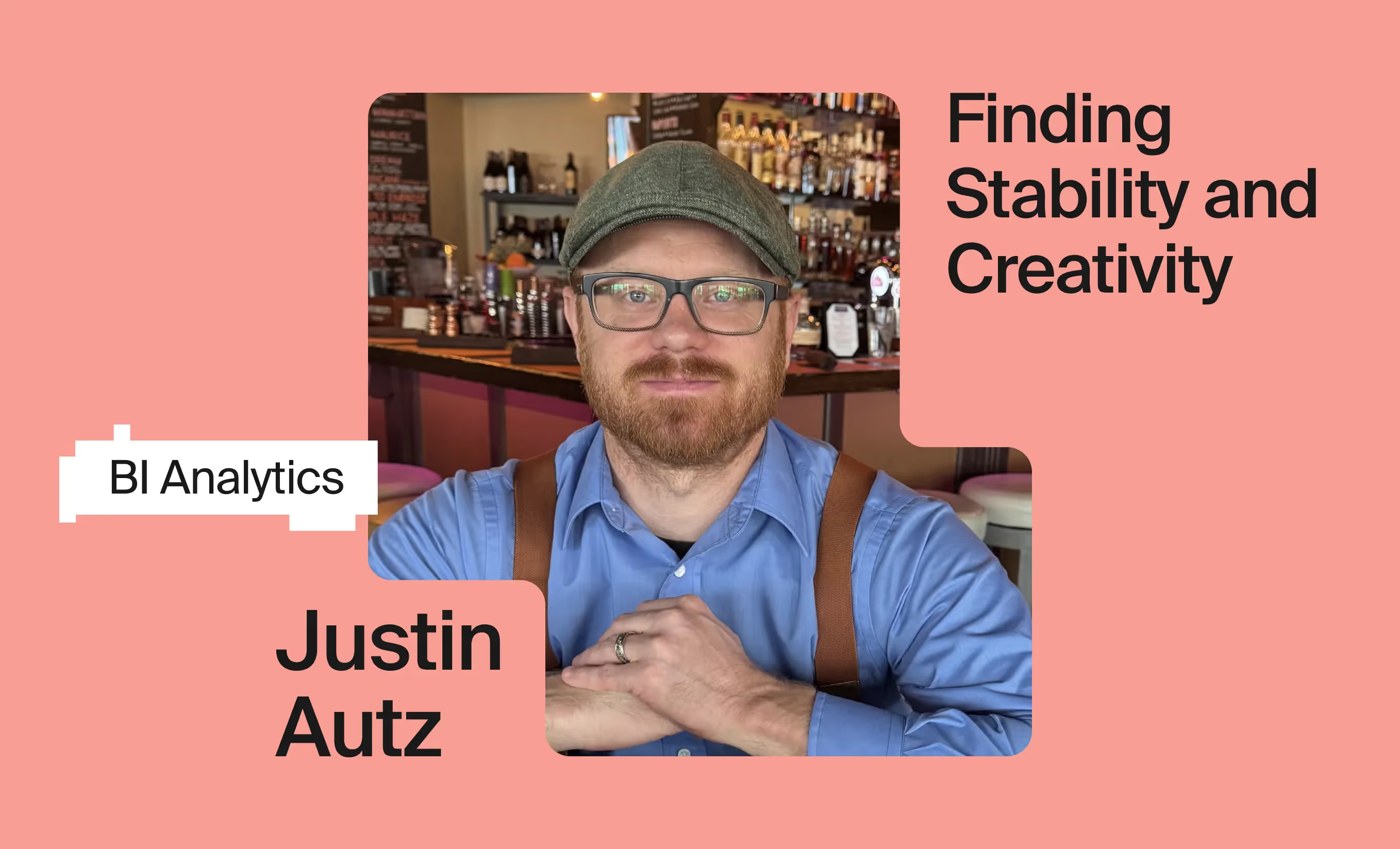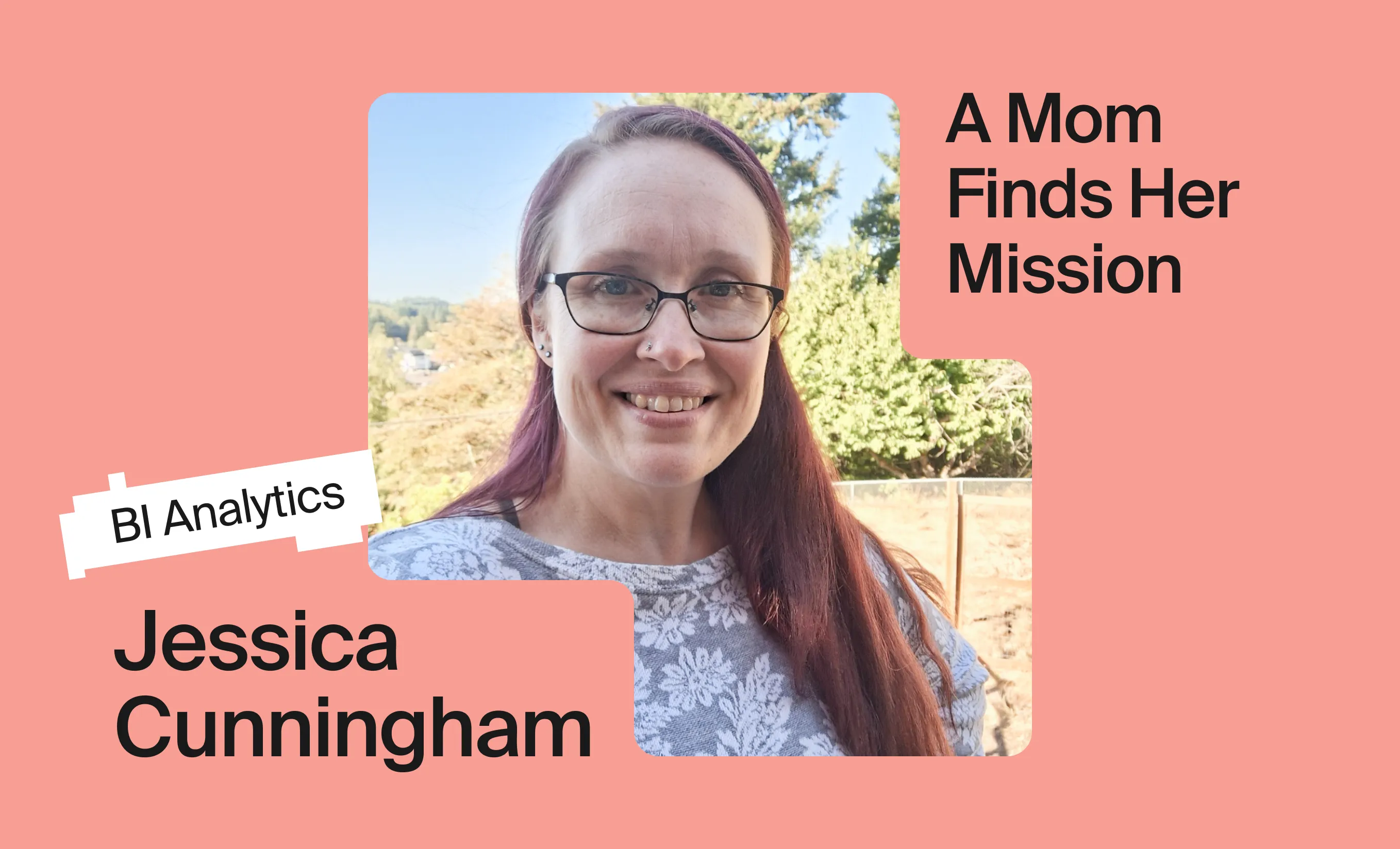We’ve all experienced seatback problems, even if we haven’t had a specific term for them. Their name comes from their prime example: the person in front of you in airline economy reclining their seat into your space.
Now, if you’re reclined upon, who are you going to get frustrated with? Are you going to blame the economic incentives that encourage air companies to minimize space in coach? Are you even going to take an entirely different route — reflect with gratitude that these tight spaces allow for aircraft to have more seats and thus more opportunity for people to fly for less money?
If you’re like us, you’ll probably do neither. You’re going to assume unkind things about the person in front of you and blame them for making your flight just that bit less comfortable.
But seatback problems don’t only show up in airplanes. For example, when the internet goes down, it can be deeply irritating, but it’s difficult to direct ire at an entire ISP or at the issues caused by decaying infrastructure. Instead, many are going to aim all that heated vexation at the person who shows up to represent that company.
And, as Eric Woodson knows all too well, you can only stand working in that role for so long. Here’s how, with TripleTen’s help, he exchanged a career of furious customers for one in which he’s appreciated for his skills and his work.
Hitting the limit
Eric decided to enter the workforce out of high school instead of going for a college degree. He built yachts. He worked construction. He even worked retail jobs at Olympia Sports and Home Depot. But, for him, the majority of his 20 year career was defined by working in commission-based retail sales — with people.
And this focus on the human side helped him bond with his coworkers: “My team that I worked with … They're what kept me there the longest.” But his job was about talking to customers, troubleshooting their problems and hearing their stories. Those interactions were entirely different. In fact, strained customer interactions defined the day he realized he needed to quit.
The warning signs were there from before the store even opened. “[The customers] were tugging on the doors, yelling already out there, and there was this huge line,” he said. It boded as poorly as you’re imagining. “The very first customer — this guy was just yelling at me for no reason.”
Usually, Eric kept his cool, but this time, he found his frustration rising. Staying cognizant, he handed the irate customer to his manager, and went to the back for a break, still able to hear the shouts. With the issue solved and his mood evened out, Eric went back on the floor. The fury came back — from another source: “Literally the very next customer, the same exact thing. And I was just like ‘I'm done. I don't need this.’”
When I was mentally done, I was done. I was like, ‘I don't ever want to go back.’ I'm pretty sure that's what I told my last manager. I was like, ‘Hey, I love working with you guys, but I don't ever want to come back here.’Eric Woodson, TripleTen grad
It finally convinced him of what his loved ones had been saying for a while: “I ended up talking it over with my wife, and she'd been trying to tell me, ‘Look, you need to leave that job. It's not worth it anymore.’”
So he started checking out his options. He thought of going into HVAC, but the class he signed up for fell through on the same day it was about to start. However, he’d been seeing ads for TripleTen, so he looked into the bootcamp. It checked all the boxes. “When I do research, I go pretty heavy,” he said. “So I was pretty sure when I made the decision.”
Convinced, he enrolled.
Getting on the road to mastery
Initially, Eric went for the Software Engineering program, but he soon realized Quality Assurance (QA) was better for him. He wanted to be talking to people more, and for him, software engineering seemed like a field in which he wouldn’t get the personal interaction he wanted to find in his future career. He easily changed his program, and it was just what he was looking for.
I ended up switching to QA, and really I enjoyed it. It used a lot of my skill set that I already had. There was a lot of collaboration.Eric Woodson, TripleTen grad
Now, it wasn’t simple. He had to adjust to learning again. In his commission-based role, he’d been striving to be the top salesman and achieve a high customer satisfaction rating, but that philosophy doesn’t quite apply to gaining skills. It’s not about being the best — it’s about making sure you fully master the material. “Learning how to learn again really kind of made me take a step back and say, ‘Okay, I need to slow things down,’” he said.
Part of that involved being clear about when he needed a hand: “Just asking for help and taking a step back — that's one of the biggest things especially when you're switching your career.”
And when he did, he found himself thriving. In fact, when he’d been in the Software Engineering program, he’d had trouble with JavaScript, but when he tackled it from the perspective of QA, it was no problem: “In the QA course, I actually breezed through the JavaScript portion.”
Once he had that know-how down, it was about the follow-through: the career.
%2520(1).jpeg)
Accelerating into a new role
See, Eric wasn’t just in the bootcamp for knowledge’s sake — he wanted a new job. Enter his career coach, someone who turned out to be invaluable for Eric: “The career acceleration program was cool — just being able to have that one-on-one time with your career coach and just understanding that what you're going through isn't uncommon.”
Together, they shaped his strategy. He started out searching for pure QA jobs, but soon realized that his skills were valuable beyond that narrow band: “I changed my focus. I looked online. I was like, ‘Okay, what are the tools that I was able to use in TripleTen?’ I was able to utilize Jira. I was able to use critical thinking and break things down. I'm also good with people. I enjoy troubleshooting. I enjoy figuring these things out.”
Together, those skills could bring him numerous places. But the direction Eric chose was customer support.
He saw a vacancy that fit, applied, and networked with some of the people at the company. After a conversation with one of his colleagues-to-be, he secured an interview for the following Monday. That conversation went well. Two days later, he had another interview. It also went well. A day later, he aced an aptitude test. And a week after his screening call, he had his final interview with the rest of the team.
That Friday, he accepted the position. Now, he’s a Customer Support Advisor at Quinyx, a workforce management company, and it’s exactly what he was looking for.
I'm not mentally stressed out. That's a good thing. I am able to just enjoy my days. Honestly, it doesn't really feel like I'm full-time because I'm home… I don't have to worry about not having enough time to go grab food. The quality of life is a lot better. I have more time to devote to things that are important to me.Eric Woodson, TripleTen grad
Best of all, the irate customers venting their frustrations on him are long gone: “The quality of customers and quality of people I'm dealing with has just expanded tenfold. So, I can say I actually enjoy my job.”
See if a bootcamp is right for you
Want to follow Eric’s lead? You can. See if a bootcamp is the path for you by taking our quick quiz.













